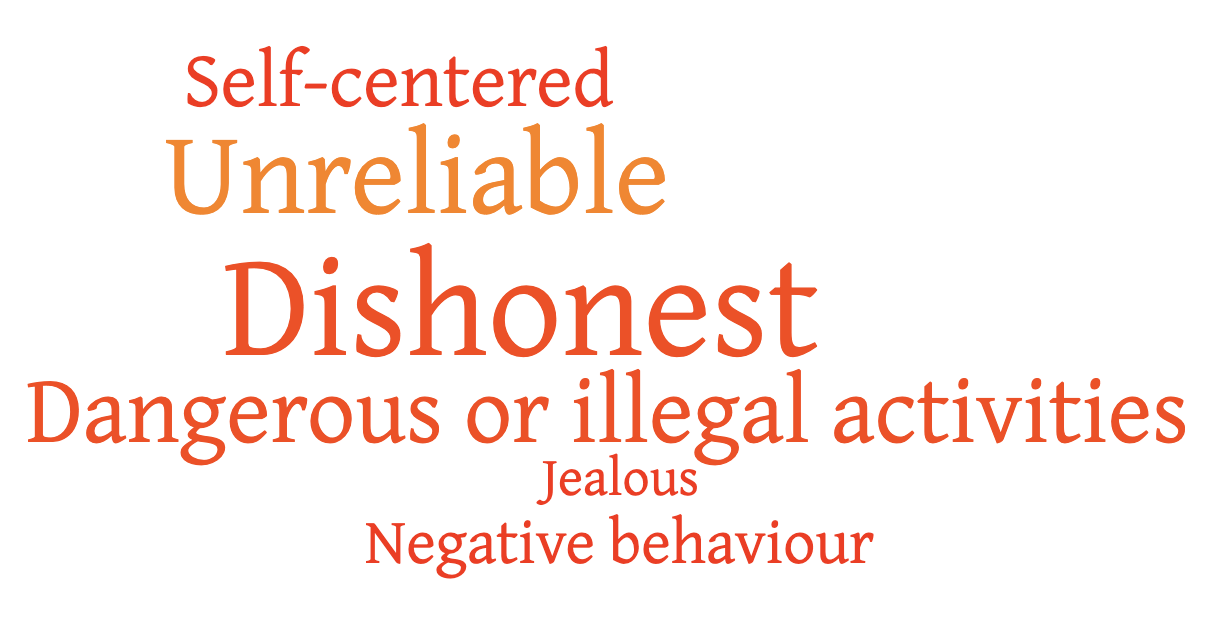At a young age it can be hard to find and maintain friendships that benefit and support both parties. As Year Level Leaders this year, we’ve seen friendship groups change, sometimes for the right reasons and sometimes for the wrong reasons. The easiest way to identify a negative friendship is to look out for “red flags.”
This week, we thought we’d list some common red flags to support you in finding a friend that looks out for you and not just themselves.
Negative behaviour: A friend who constantly puts you down, insults or belittles you, or is otherwise negative and abusive is not a good friend.
Dishonesty: A friend who lies to you or manipulates you is not trustworthy.
Jealousy: A friend who becomes jealous or resentful when you spend time with others, or is excessively possessive, is not acting in your best interests.
Unreliability: A friend who regularly cancels plans or doesn't follow through on promises is not dependable.
Self-centeredness: A friend who only thinks about their own needs and desires, and doesn't show interest in or concern for you, is not a true friend.
Dangerous or illegal activities: A friend who encourages you to engage in dangerous or illegal activities is not someone who cares about your future.
It's important to trust your instincts and to be cautious around people who exhibit these red flags. It's also important to have friends who support and uplift you, and to surround yourself with positive, healthy relationships.
If you are a student, reflect on the relationships you have using this as a guide. If you are a parent, set aside some time this week to chat with your son or daughter about the relationships they have and whether or not their friends exhibit any of these red flags.
Stay tuned for some tips on finding friends who exhibit “green flags” in the next newsletter.




